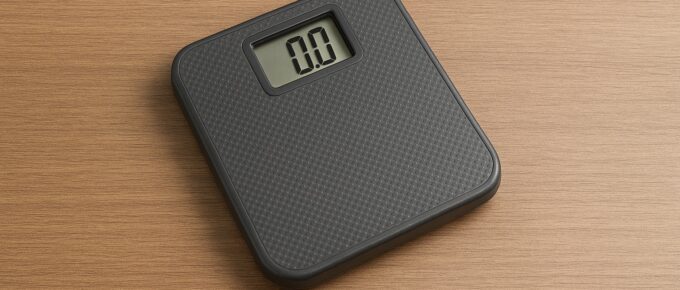1️⃣ Eat small, frequent meals — 5 to 6 times a day2️⃣ Prioritize protein to help muscle and healing3️⃣ Take small bites & chew thoroughly4️⃣ Sip water throughout the day — avoid drinking right …
Required Weight Checks
24 Hour Clear Liquid Diet
24 Hour Clear Liquid Diet Protocol You are required to start a 24 hour clear liquid diet the day before your surgery. This will ensure an empty stomach the day of surgery and minimize the …






